By 2024, the global oil and gas cloud application market size is expected to grow to $9.4 billion. Demand for mobility solutions to gain real-time visibility into oil and gas operations is a major driver of this growth.
What is the first image that comes up when you think of the oil and gas industry? It could be a building site with lots of clunky machinery, construction materials, and hard hats.
However, the industry is fast shaking off its old-school label and rapidly adopting new technology and increasing software development. The advantage of mobile solutions for oil and gas companies lies in the nature of the industry. Mobile applications will benefit workers who are without access to computers and experienced teams.
The need for mobile applications will increase when companies recognize the benefits in automating their processes. The will realize cost savings and competitive advantage by digitizing their paper forms and increasing workforce efficiency and productivity.
Oil and gas companies invest in mobile applications to increase business growth, improve communication, get real-time visibility across the business. Companies can also close the loop in the oil field with real-time, accurate data collection applications. Businesses improve their productivity by:
Read "7 Important Ways Mobile Forms Transform Field Service Work"


Advances in the development of mobile devices will aid the oil and gas industry. For those in the field, there are explosive proof phones and tablets. At the same time, network bandwidth continues to increase, resulting in the expanded use of applications. The trend is shifting from stand-alone applications to mobile solutions and industry systems.
Oil and gas companies are deploying various applications across their engineering and operations (including drilling, well management, and EH&S). Applications enable a more rapid flow of information whenever and wherever it is needed. The usage of these apps goes above and beyond capturing data. Teams can analyze the data in real-time and immediately respond.
Until recently, companies needed to send information out into the hands of field employees. Today, mobile devices make data much more accessible.
Leading oil and gas companies use mobile applications to perform asset management, project management, and calibrations. These yield tremendous benefits across their upstream, oil field, and downstream operations. Examples include:
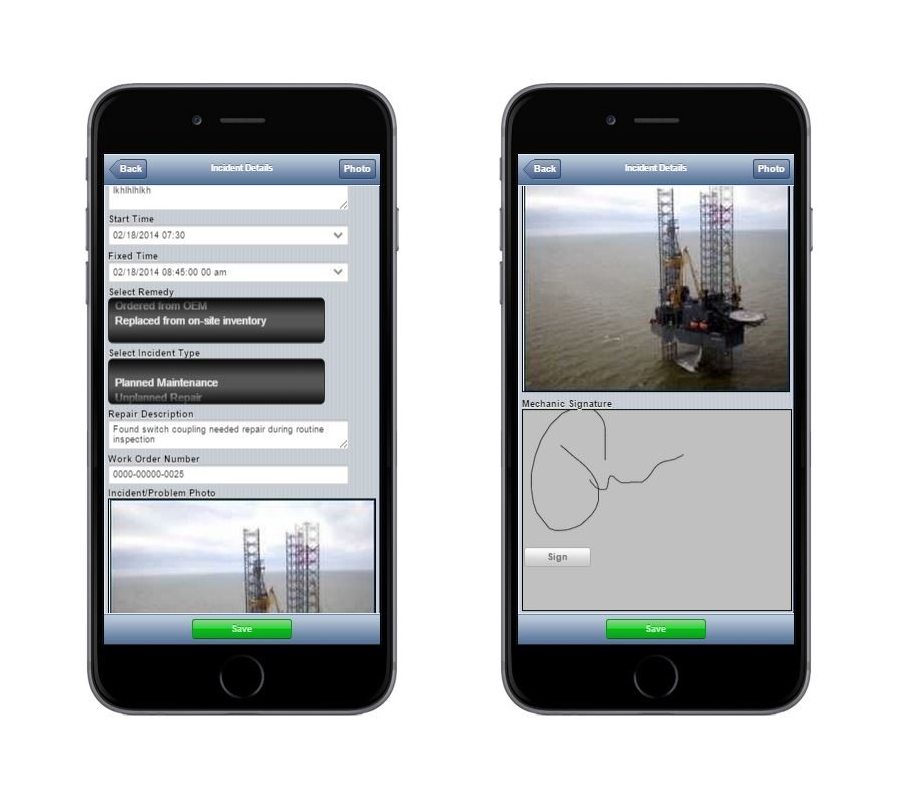

There are three types of oil and gas companies: Upstream, midstream, and downstream. Upstream operations involve the discovery and extraction of raw materials. These deposits are then transported via midstream to downstream operations where materials are refined into a final end- product like gasoline. Mobile applications can optimize all of a company’s processes.
According to the Orange Group, digital transformation will have a significant impact on the oil and gas industry. Digital technologies such as mobile and tablet applications are helping companies become more flexible, agile, and cut costs.

Alpha TransForm is an affordable, sophisticated form builder with conditional logic. It includes data and workflow integration, offline operation, outstanding user experiences, and more for as low as $5 per user. Full mobile form design capabilities let you craft as many forms as you need for any size mobile screen. Your mobile forms apps will work on small screens, include long forms and feature action buttons.
Demo: Oil and Gas Pumpjack Pro App Example
The mobile form in this demo can secure the exact GPS location of the oil and gas worker's location. It can capture photos, send an audio recording of the workers comments and scan bar codes off equipment.
Oilfield mobile applications enable oil and gas companies to digitize their processes, operations and paper forms. This increases worker efficiency by cutting hours spent on each daily activity. It also minimizes risk by decreasing data-entry mistakes and delayed access to critical information. The best oilfield applications work offline, optimize one-handed data entry (speech-to text) and integrate with systems. They populate crucial information automatically for employees, and enable information to be shared across an organization quickly.
Alpha Software’s Alpha TransForm app development software which enables oil and gas companies to build apps for:
Applications improve and benefit the gas and oil industry significantly by enhancing safety and ensuring compliance. streamlining processes, They can digitize paperwork, increasing worker productivity and boosting the company's financial health. For companies that adopt digitalization, the future looks to be a bright one.
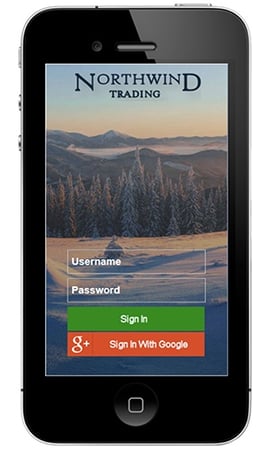
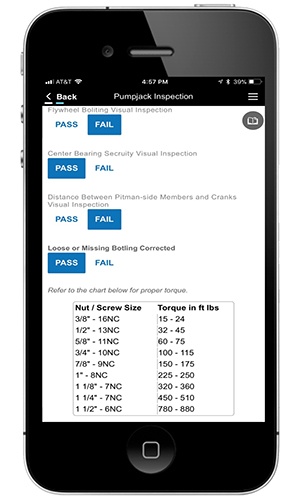
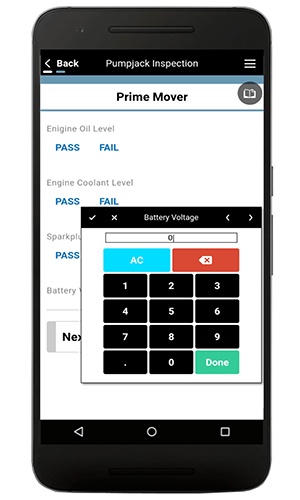
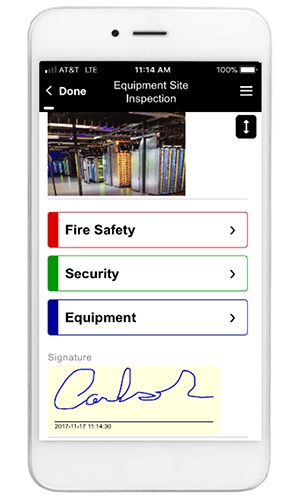
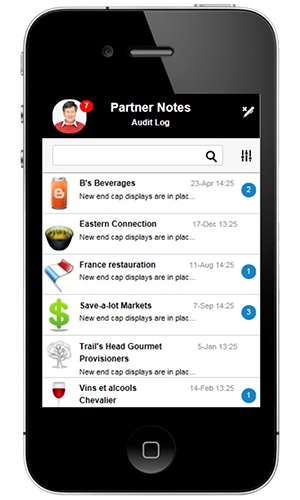
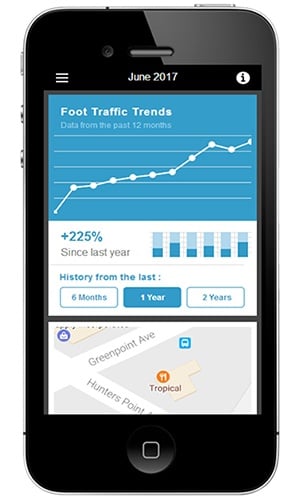
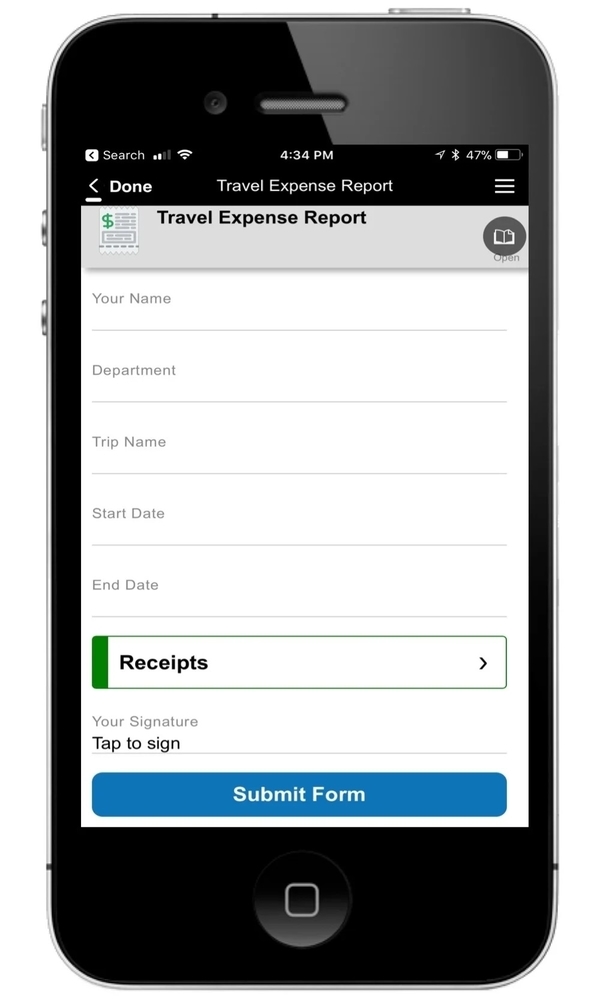
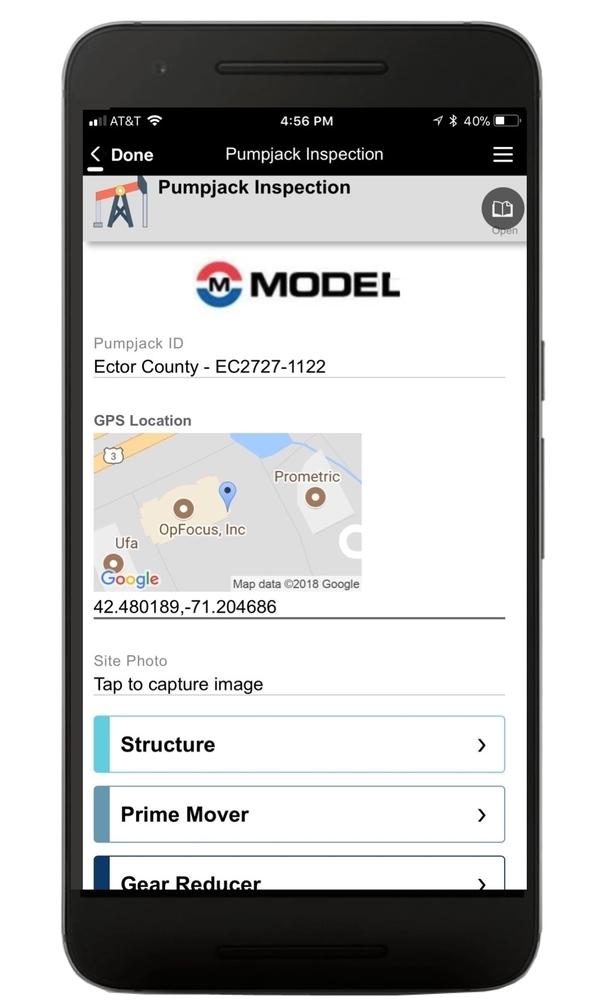
Start Building Oil and Gas Mobile Apps with Alpha Software:
Email sales@alphasoftware.com or Call 781-229-4500
The Alpha platform is the only unified mobile and web app development and deployment environment with distinct “no-code” and “low-code” components. Using the Alpha TransForm no-code product, business users and developers can take full advantage of all the capabilities of the smartphone to turn any form into a mobile app in minutes, and power users can add advanced app functionality with Alpha TransForm's built-in programming language. IT developers can use the Alpha Anywhere low-code environment to develop complex web or mobile business apps from scratch, integrate data with existing systems of record and workflows (including data collected via Alpha TransForm), and add additional security or authentication requirements to protect corporate data.
Alpha Software Corporation, based in Massachusetts, produces award-winning software that speeds mobile and web app development and deployment for business and IT. The core technology includes two components. Alpha Anywhere®, a full-stack low-code app development platform for building and deploying web and mobile apps. In just hours, Alpha TransForm® turns complex paper forms into powerful mobile forms that speed data collection.
Alpha Software is an InfoWorld Technology of the Year award winner, and scores near-perfect reviews from customers on crowdsourced review sites.
Customers rate Alpha Software highly for its speed of development, flexibility, offline apps, rich feature set and ability to scale predictably. For more information, visit https://www.alphasoftware.com/